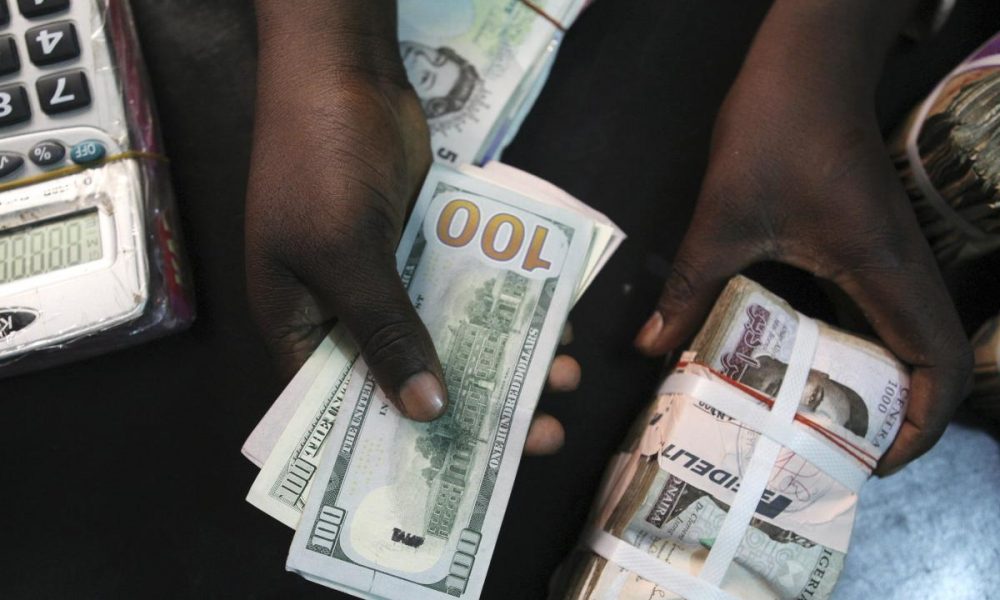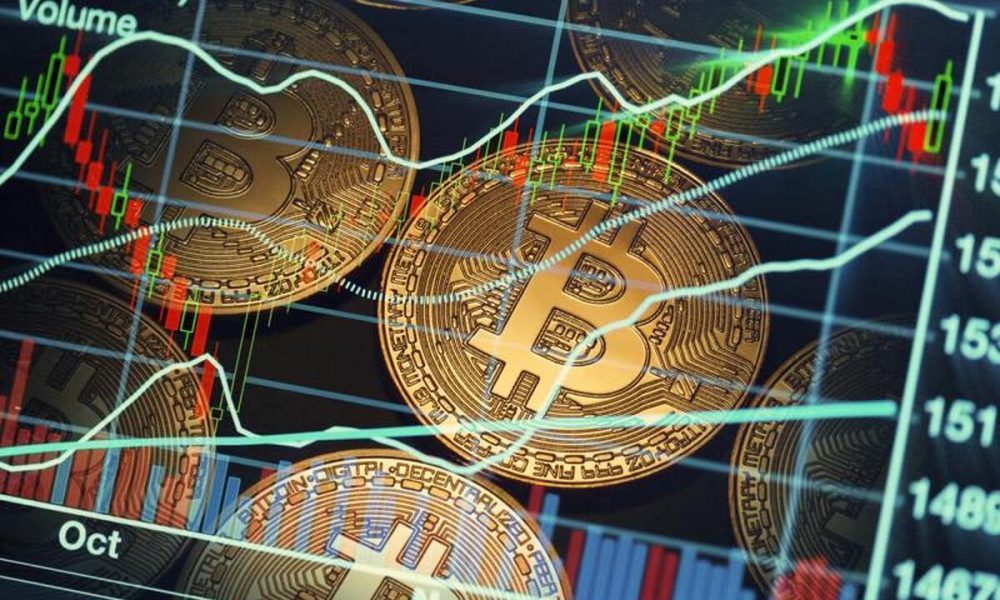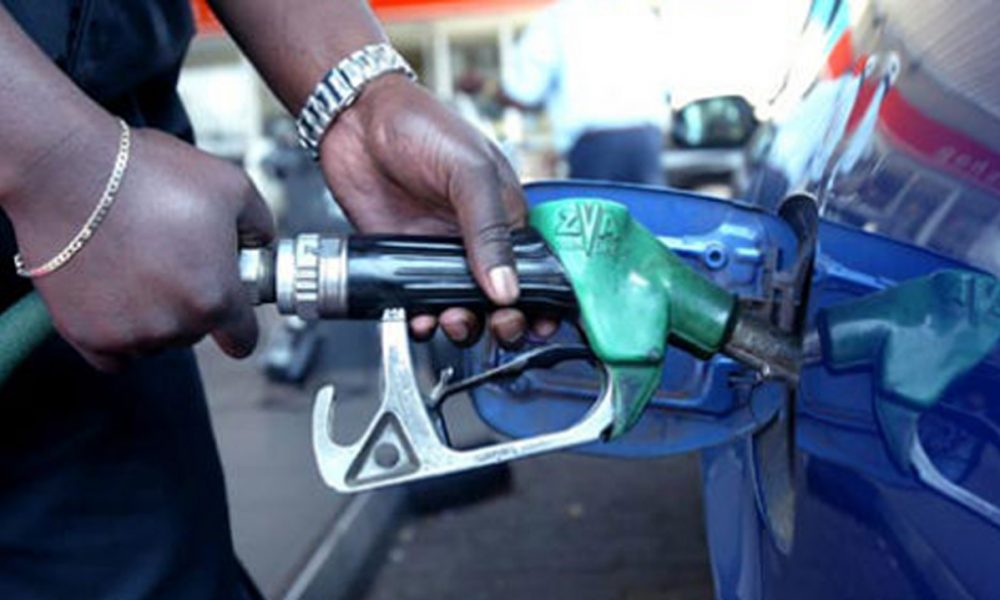Black Market Dollar to Naira Exchange Rate: What You Need to Know
Get the latest black market dollar to naira exchange rate for November 19th, 2024. This rate is what you can expect to get when exchanging your dollars for naira at the parallel market.
Today’s Black Market Dollar to Naira Rate
Parallel Market Exchange Rate: Dollar to Naira
According to sources from Bureau De Change (BDC), the parallel market players are buying a dollar for N1738 and selling at N1740 on November 19th, 2024. Please note that the Central Bank of Nigeria (CBN) does not recognize the parallel market, as it has directed individuals to approach their respective banks for foreign exchange transactions.
Current Black Market Dollar to Naira Rate
| Dollar to Naira (USD to NGN) | Black Market Exchange Rate |
| Buying Rate | N1738 |
| Selling Rate | N1740 |
CBN Dollar to Naira Rate
| Dollar to Naira (USD to NGN) | CBN Rate |
| Buying Rate | N1674 |
| Selling Rate | N1675 |
Important Note
Keep in mind that the rates you buy or sell foreign exchange may vary, as prices are subject to change.
Organised Labour has called on President Bola Ahmed Tinubu to reverse policies on the floating of the national currency and rising energy costs, citing the need to reduce economic hardship faced by Nigerians and businesses.
Naijawebinfo reports that the appeal was made during the 6th Quadrennial and 13th National Delegates Conference of the National Union of Shop and Distributive Employees (NUSDE) in Ibadan, Oyo State.
NUSDE President, Aminu Megbontowon, highlighted the significant challenges posed by the current economic policies.
“Nigerian workers and businesses are experiencing tough times due to some of the policies implemented by this government. The high cost of energy has severely impacted production, services, and workers’ welfare,” he stated.
Megbontowon criticized the soaring prices of petroleum products, which now exceed N1,000 per liter, and the increased electricity tariffs, which have risen from N68 to N227.
He emphasized that these costs are unsustainable for an oil-producing nation like Nigeria, especially when the purchasing power of its citizens remains alarmingly low.
He warned that the rising costs of production and living are driving many Nigerians into poverty, resulting in widespread job losses and the collapse of numerous businesses.



